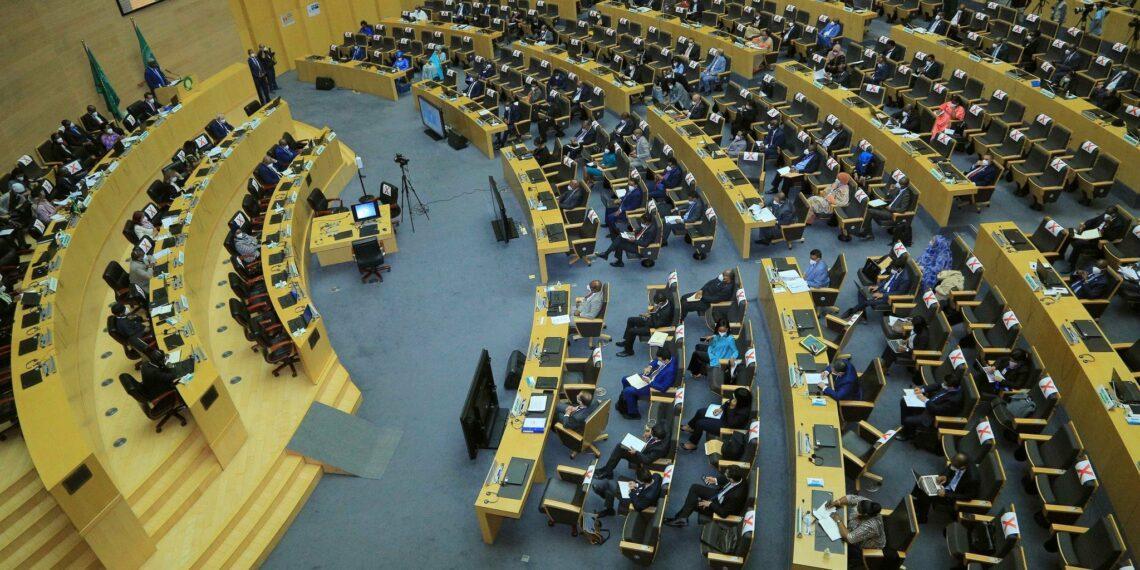Africa-Press – Seychelles. African democracy is a dynamic and evolving phenomenon, with a rich tapestry of experiences, challenges, and achievements.
The continent, home to diverse cultures, languages, and histories, has seen significant strides in democratization since the late 20th century. While there have been notable successes, African democracies continue to grapple with unique challenges that require innovative solutions.
This article explores the progress, challenges, and potential of democracy in Africa, highlighting the importance of continued efforts for the advancement of inclusive and effective governance.
The Progress: Over the past few decades, Africa has made significant progress in embracing democratic ideals. Many countries have transitioned from autocratic regimes to multiparty systems, allowing citizens to participate in free and fair elections. This transformation reflects a collective desire for accountable governance, social justice, and respect for human rights.
Several African countries have demonstrated their commitment to democracy by establishing strong institutions, upholding the rule of law, and promoting civil liberties. Nations like South Africa, Ghana, Botswana, and Senegal have served as beacons of stability and democratic governance, setting examples for others to follow.
The Challenges: Despite the progress made, African democracies face various challenges that require careful attention and concerted efforts. Some of the key challenges include:
Institutional Fragility: Weak institutions, corruption, and lack of proper checks and balances can undermine the effectiveness of democratic governance. Strengthening institutions is essential to ensure the sustainability of democracy.
Electoral Integrity: While elections have become more common, ensuring the integrity of the electoral process remains a challenge in some countries. Issues such as voter suppression, electoral violence, and disputed outcomes need to be addressed to enhance the credibility of elections.
Economic Development: High levels of poverty and inequality can pose a threat to democratic stability. Ensuring that the benefits of democracy translate into improved livelihoods for all citizens is crucial.
Ethnic and Regional Divisions: Some African nations face ethnic and regional tensions that can strain the fabric of democracy. Building inclusive societies that respect diversity is essential to prevent conflicts and promote unity.
Youth Engagement: The significant youth population in Africa represents both a potential asset and a challenge. Empowering young people through education, employment, and political participation is essential for the future of African democracies.
The Potential: African democracy holds immense potential for fostering inclusive growth, sustainable development, and social progress. Harnessing this potential requires a multifaceted approach:
Inclusive Governance: Ensuring that all segments of society, including women, minorities, and marginalized communities, have a voice in decision-making is essential for building inclusive democracies.
Investing in Education: A well-educated populace is critical for informed citizenship. Investing in education and promoting civic awareness can empower citizens to actively participate in shaping their countries’ futures.
Regional Cooperation: African nations can learn from one another’s successes and challenges. Encouraging regional cooperation and the sharing of best practices can accelerate the growth of democracy across the continent.
Addressing Root Causes: Addressing the root causes of conflicts, such as resource disputes, can contribute to political stability, allowing democratic institutions to thrive.
Conclusion: African democracy has come a long way, with significant progress and notable examples of success. However, challenges persist, demanding continued dedication and innovative solutions from African leaders, citizens, and the international community.
By addressing these challenges and leveraging the continent’s potential, African democracies can create a brighter future characterized by good governance, economic prosperity, and social cohesion.
newsghana
For More News And Analysis About Seychelles Follow Africa-Press






